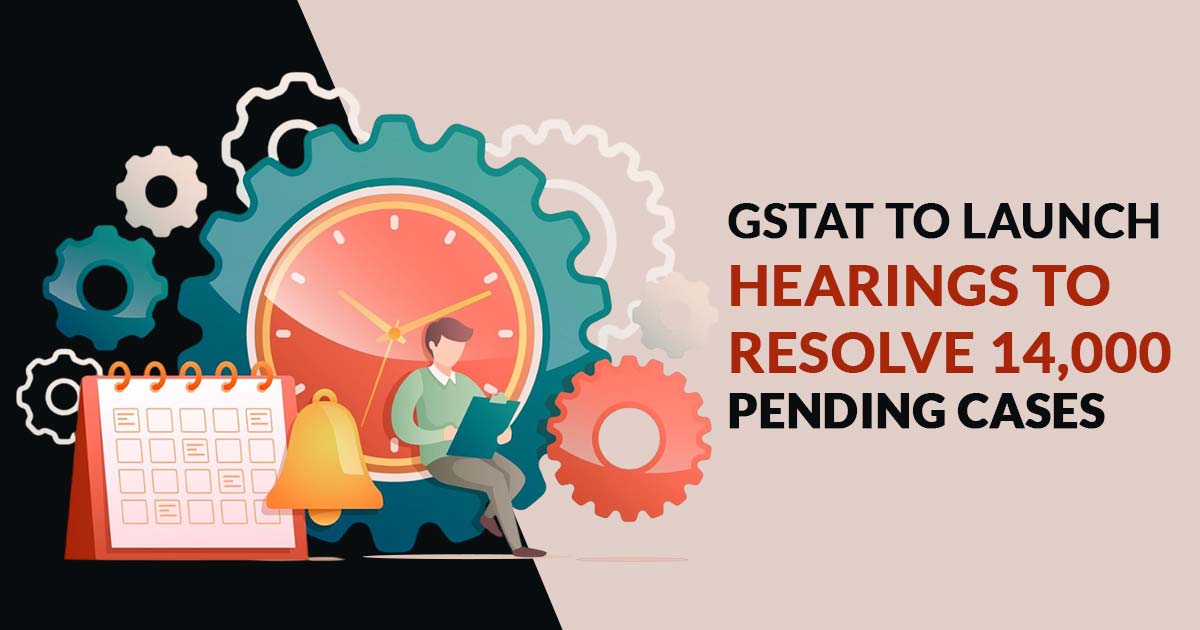
From December 2025, India’s long-awaited GST Appellate Tribunal (GSTAT) is set to begin hearings, which will furnish long-overdue relief for thousands of taxpayers caught in prolonged litigation. More than 14000 GST cases were due as of June 2023 in the States and courts, because of the absence of a functional tribunal.
After it is in operation, all the pending issues shall be transferred to the GST Appellate Tribunal (GSTAT), and the fresh appeals shall be submitted to the Tribunal. The same decision shall facilitate the load on High Courts and Commissioners (Appeals), where GST-related disputes have been gathering for years.
Understanding the Two-Tier Appellate System
A two-tier appellate framework has earlier been approved by the GST council that includes one Principal Bench in New Delhi and 31 State benches at 45 locations across the nation.
These benches will manage appeals, advance rulings, and pertinent cases. Taxpayers who appeal against GST claims shall be required to make a pre-deposit of 10% of the disputed tax amount (capped at Rs 40 crore) before their case is heard.
Why Disputes Emerge
Industry experts specify that GST litigation stems from:
- Classification disputes over goods and services
- Valuation disagreements
- Eligibility of input tax credit (ITC)
- Refund claims
- Aggressive enforcement by GST authorities
The reason for the emergence of litigation is that the GST statute remained unsettled on many key issues, and divergent interpretations exist across jurisdictions.
Readiness Concerns
The government has announced the formation of benches, but they are not yet fully functional. Many still struggle with insufficient infrastructure, including courtrooms, support personnel, and digital case-management systems. Tax experts caution that if these issues are not resolved swiftly, the Tribunal may experience the same delays and inconsistent outcomes that it was intended to eliminate.
Another practitioner said that years of backlog, relaxed pre-deposit rules, and clearer procedures have led to a rise in filings once GSTAT opens. From the start, the system may be overwhelmed till infrastructure and staffing are increased.
How Businesses Are Affected
GST-related longer issues for the businesses are costly, consume working capital, complicate pricing and procurement decisions, and escalate legal costs. The introduction of GSTAT is regarded as an essential move to provide stability and effectiveness in India’s indirect tax system, especially with contentious tax claims exceeding Rs 1 lakh crore.
Since the tribunal has all set for its first hearing, all eyes shall be on how quickly it can clear the backlog and propose consistent rulings to enhance confidence in the GST regime.